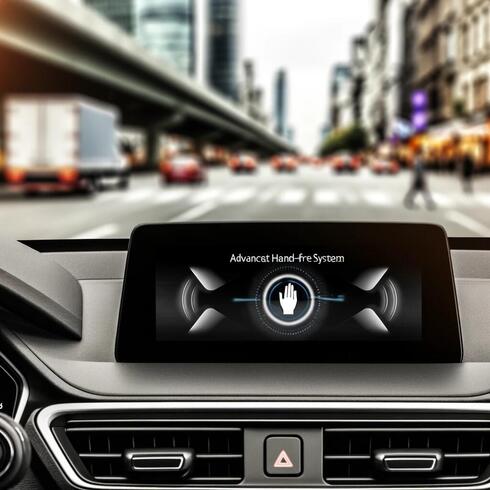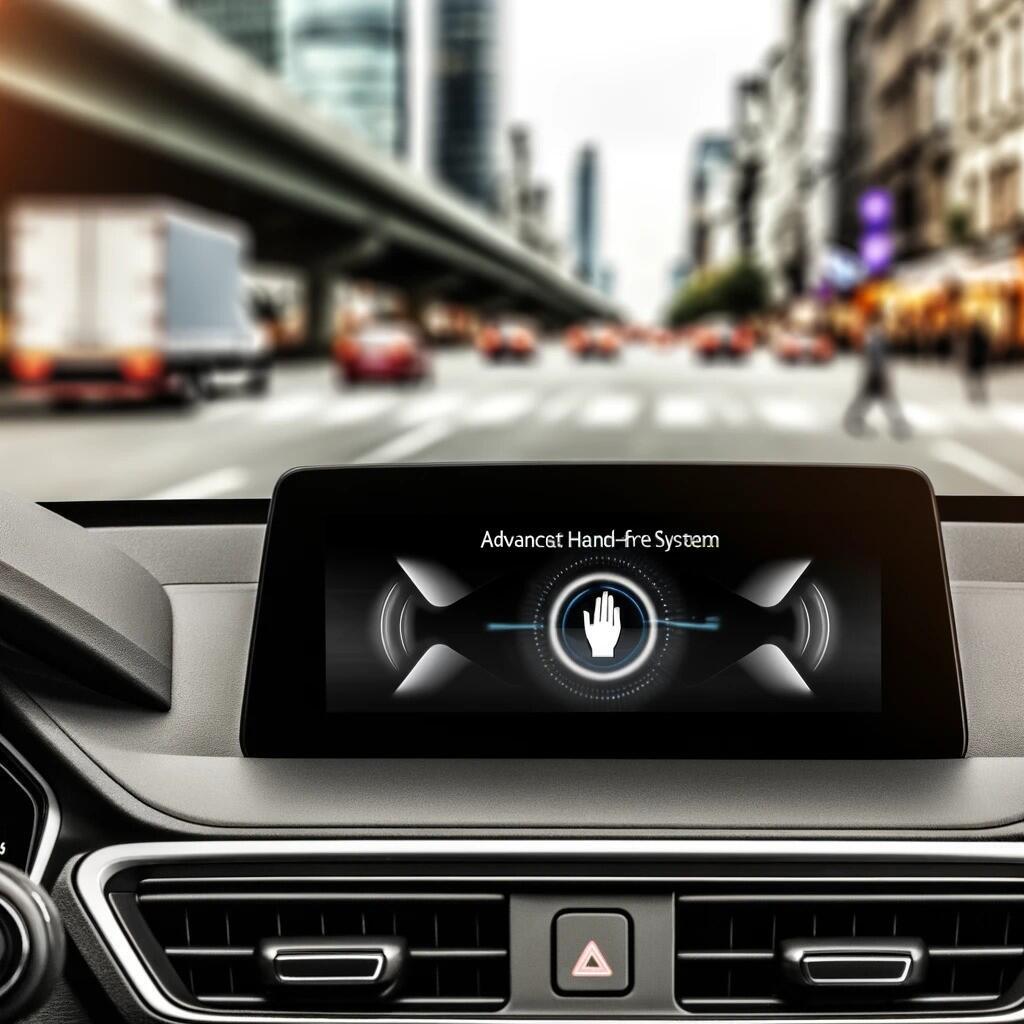
Avoid the Dangers of Distracted Driving: Must-Know Safety Tips
Avoid the Dangers of Distracted Driving: Must-Know Safety Tips
Discover essential tips to avoid distracted driving and ensure road safety for all. Stay focused, drive safely.
Imagine this: You're driving home from work, the same route you've taken countless times before. It's almost automatic, the way your hands steer and your feet work the pedals. So, when your phone pings with a message, you think, "What's the harm in a quick glance?"
In that split second, everything can change. That moment's distraction not only puts your life at risk but also endangers everyone else on the road. This blog post will uncover the dangers of distracted driving and equip you with essential tips to keep you and your fellow travelers safe.
What is Distracted Driving?
Distracted driving isn’t just texting while driving; it encompasses any activity that diverts your attention from the primary task of driving. Basically, anything that makes you less than 100% focused on the road ahead is distracted driving.
Types of Distractions While Driving
There are three main types of driving distractions, including:
Manual Distractions: Hands Off the Wheel
Manual distractions occur any time you take your hands off the steering wheel. This could be for changing the radio station, adjusting your GPS, or even grabbing a quick snack. It’s anything that requires you to use your hands for something other than driving.
Visual Distractions: Eyes Off the Road
Visual distractions pull your eyes away from the road. This could be anything from glancing at a notification on your phone to looking at billboards or trying to read a map. These are particularly sneaky because they can seem harmless but significantly reduce your ability to react to sudden changes on the road.
Cognitive Distractions: Mind Off Driving
Cognitive distractions are the most insidious because they can occur even when your hands are on the wheel and your eyes are on the road. These happen when your mind isn't focused on driving — like when you're lost in thought or engaged in a deep conversation. You might not even realize you're distracted until it's too late.
The Consequences of Distracted Driving
Here’s a closer look at what can happen when we don’t keep our focus on the road:
Legal and Financial Repercussions
Getting caught driving while distracted can hit your wallet hard. Many places have strict laws against such behavior, leading to hefty fines. In some cases, especially with repeated offenses, you might even face the suspension of your driving privileges.
Additionally, one of the immediate repercussions you'll notice is the spike in your insurance rates. Insurers view distracted driving as risky behavior, which in turn can significantly increase your insurance premiums.
Safety Risks
The most direct consequence of distracted driving is the increased risk of accidents and injuries. These can range from minor scrapes to serious collisions that result in significant injuries to yourself and others.
In the worst-case scenario, distracted driving can even lead to fatal accidents. These tragedies are especially poignant because they are entirely preventable, making the loss even more profound.
Personal and Emotional Impact
The repercussions of distracted driving extend beyond the legal and financial. Causing an accident, especially one that results in injuries or fatalities, can leave a heavy burden of guilt and a lifetime of regret.
It's important to remember that the impact of such incidents isn't limited to the drivers involved. Families, friends, and even bystanders can experience profound emotional trauma, forever altering their lives.
Safety Tips to Prevent Distracted Driving
Here are some safety tips that can help prevent distracted driving:
- Use 'Do Not Disturb' Mode: Before you start driving, set your phone to 'Do Not Disturb' mode. This prevents incoming calls and messages from diverting your attention.
- Prep Your Playlist: Choose your music or podcast before you begin your journey. Avoid changing tracks or browsing selections while driving.
- Secure Loose Items: Ensure all items in the car are securely stowed away. Loose objects rolling around can become a significant distraction.
- Consider a Dual Dash Camera: Installing a dual dash camera can help promote attentive driving by recording both front and rear views. It can serve as a reminder to keep distractions at bay.
- Set Navigation Before Departure: Input your destination into your GPS before you start driving. If you need to make changes, pull over safely first.
- Limit Passenger Interaction: While it's important to be polite, minimize engaging in deep or complex conversations with passengers that could divert your focus from the road.
- Schedule Breaks for Long Trips: For longer drives, plan breaks to rest, eat, or check your phone. This helps manage fatigue and keeps you from multitasking while driving.
- Avoid Eating and Drinking: Refrain from eating or drinking while driving. These activities can easily distract you, especially if spills occur.
- Use Voice Commands: Many modern vehicles come equipped with voice-activated systems for controlling navigation, calls, and entertainment. Use these features to keep your hands on the wheel and eyes on the road.
Frequently Asked Questions
What is considered distracted driving?
Distracted driving includes any activity that diverts attention from driving, such as texting, talking on the phone, eating, using navigation systems, or adjusting the radio.
Can hands-free devices still be a distraction?
Yes, even hands-free devices can be a distraction. While they reduce manual and visual distractions, they can still occupy your mental focus, potentially decreasing your awareness of the road.
Is eating while driving really considered distracted driving?
Indeed, eating or drinking while driving is a form of distracted driving because it requires you to take at least one hand off the wheel and diverts your attention away from the road.
What are some effective ways to prevent distracted driving?
Some effective strategies include using 'Do Not Disturb' modes on your phone, setting up your GPS before you start driving, and not eating or grooming while behind the wheel. Being mindful of your actions and focusing solely on driving is crucial.
Final Word
Embracing safe driving habits protects not just you but everyone on the road. Stay alert, minimize distractions, and make your journeys safer!















